Intel® Desktop Board VC820 Technical Product Specification
Revision History
Disclaimer
Preface
Contents
1 Product Description
1.1 Overview
1.1.1 Feature Summary
1.1.2 VC820 Desktop Board Layout
1.1.3 Block Diagram
1.2 Online Support
1.3 Design Specifications
1.4 Processor
1.5 System Memory
1.5.1 RDRAM Terminology
1.5.2 Memory Features
1.5.3 Continuity RIMM Modules
1.5.4 RDRAM Memory Configuration
1.5.5 Memory Bus Frequencies
1.5.6 ECC Memory
1.6 Intel® 820 Chipset
1.6.1 AGP
1.6.2 USB
1.6.3 IDE Support
1.6.4 Real-Time Clock, CMOS SRAM, and Battery
1.7 I/O Controller
1.7.1 Serial Ports
1.7.2 Infrared Support
1.7.3 Parallel Port
1.7.4 Diskette Drive Controller
1.7.5 Keyboard and Mouse Interface
1.8 Audio
1.8.1 Enhanced PCI Audio Subsystem
1.8.2 Audio Connectors
1.9 Hardware Management Features
1.9.1 Hardware Monitor Component
1.9.2 Chassis Intrusion Detect Connector
1.10 Power Management Features
1.10.1 Software Support
1.10.2 Hardware Support
2 Technical Reference
2.1 Introduction
2.2 Memory Map
2.3 I/O Map
2.4 DMA Channels
2.5 PCI Configuration Space Map
2.6 Interrupts
2.7 PCI Interrupt Routing Map
2.8 Connectors
2.8.1 Back Panel Connectors
2.8.2 Midboard Connectors
2.8.3 Front Panel Connectors
2.9 Jumper Blocks
2.10 Mechanical Considerations
2.10.1 Form Factor
2.10.2 I/O Shield
2.11 Electrical Considerations
2.11.1 Power Consumption
2.11.2 Add-in Board Considerations
2.11.3 Standby Current Requirements
2.11.4 Fan Power Requirements
2.11.5 Power Supply Considerations
2.12 Thermal Considerations
2.13 Reliability
2.14 Environmental
2.15 Regulatory Compliance
2.15.1 Safety Regulations
2.15.2 EMC Regulations
2.15.3 Certification Markings
3 Overview of BIOS Features
3.1 Introduction
3.2 BIOS Flash Memory Organization
3.3 Resource Configuration
3.3.1 PCI Autoconfiguration
3.3.2 PCI IDE Support
3.4 System Management BIOS (SMBIOS)
3.5 BIOS Upgrades
3.5.1 Language Support
3.5.2 Custom Splash Screen
3.6 Recovering BIOS Data
3.7 Boot Options
3.7.1 CD-ROM and Network Boot
3.7.2 Booting Without Attached Devices
3.8 USB Legacy Support
3.9 BIOS Security Features
4 BIOS Setup Program
4.1 Introduction
4.2 Maintenance Menu
4.2.1 Extended Configuration Submenu
4.3 Main Menu
4.4 Advanced Menu
4.4.1 PCI Configuration Submenu
4.4.2 Boot Configuration Submenu
4.4.3 Peripheral Configuration Submenu
4.4.4 IDE Configuration Submenu
4.4.5 Diskette Configuration Submenu
4.4.6 Event Log Configuration Submenu
4.4.7 Video Configuration Submenu
4.5 Security Menu
4.6 Power Menu
4.7 Boot Menu
4.7.1 IDE Drive Configuration Submenu
4.8 Exit Menu
5 Error Messages and Beep Codes
5.1 BIOS Error Messages
5.2 Port 80h POST Codes
5.3 Bus Initialization Checkpoints
5.4 Speaker
5.5 BIOS Beep Codes
5.6 Enhanced Diagnostics
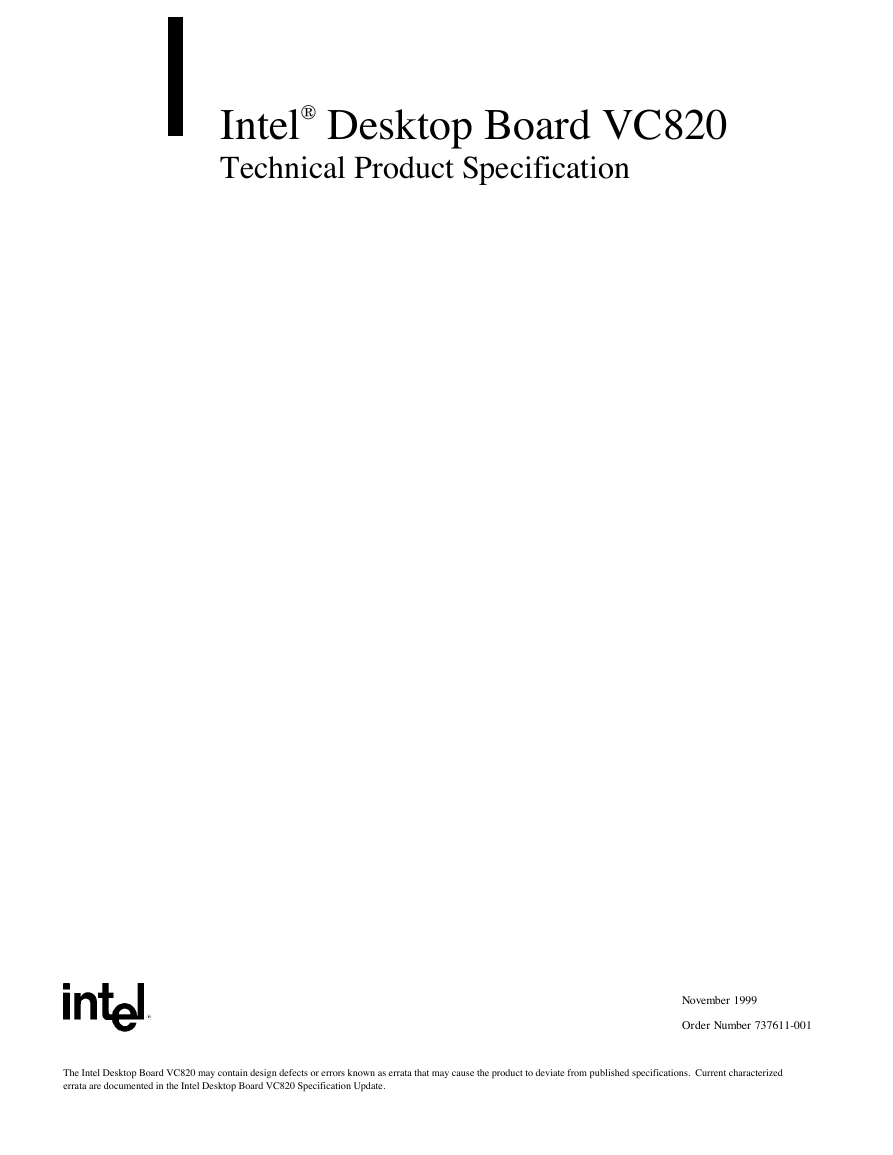
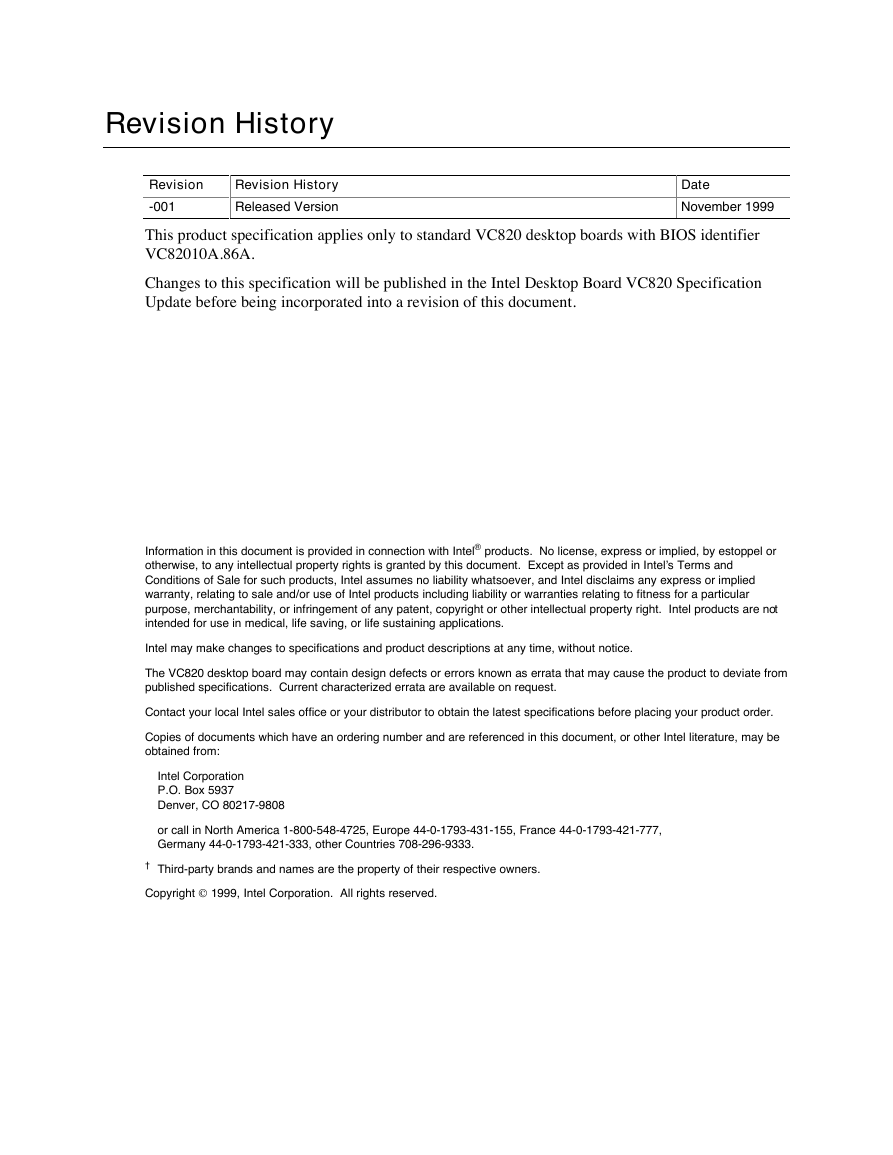

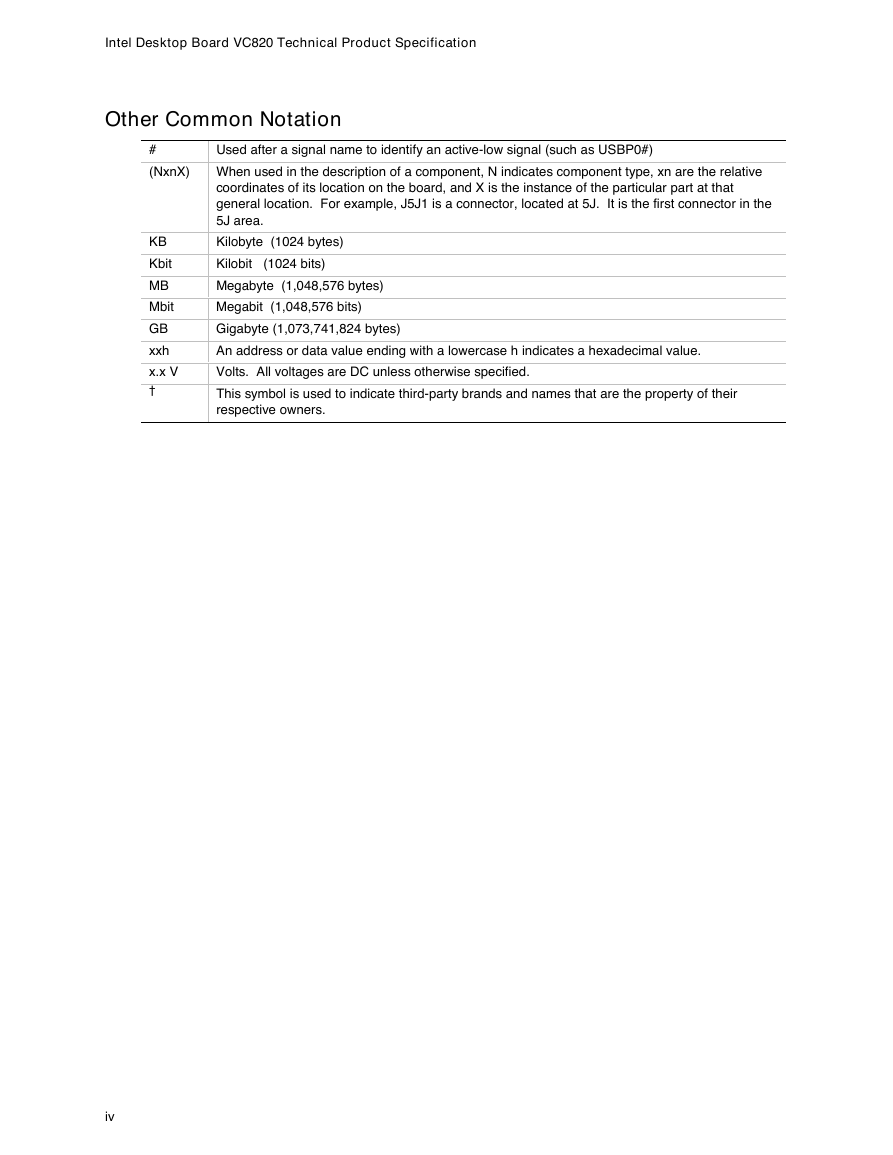
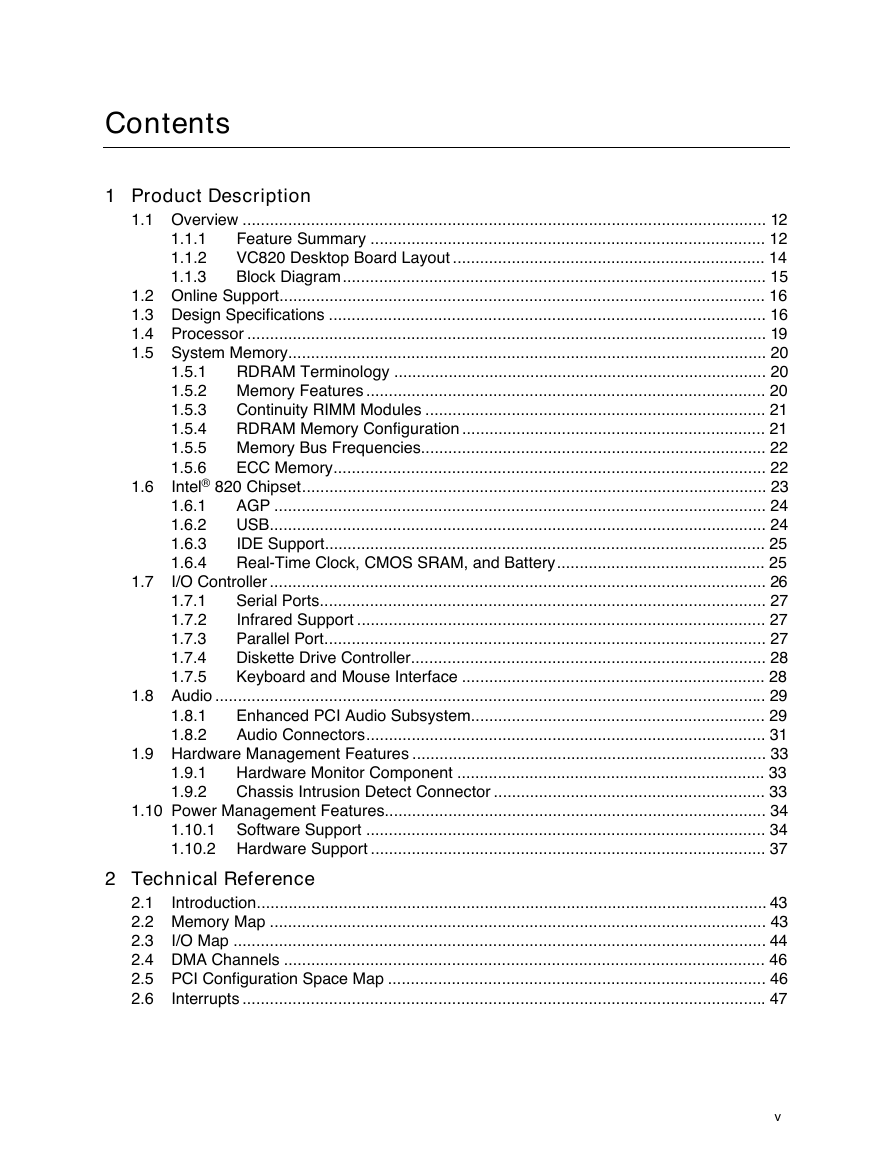

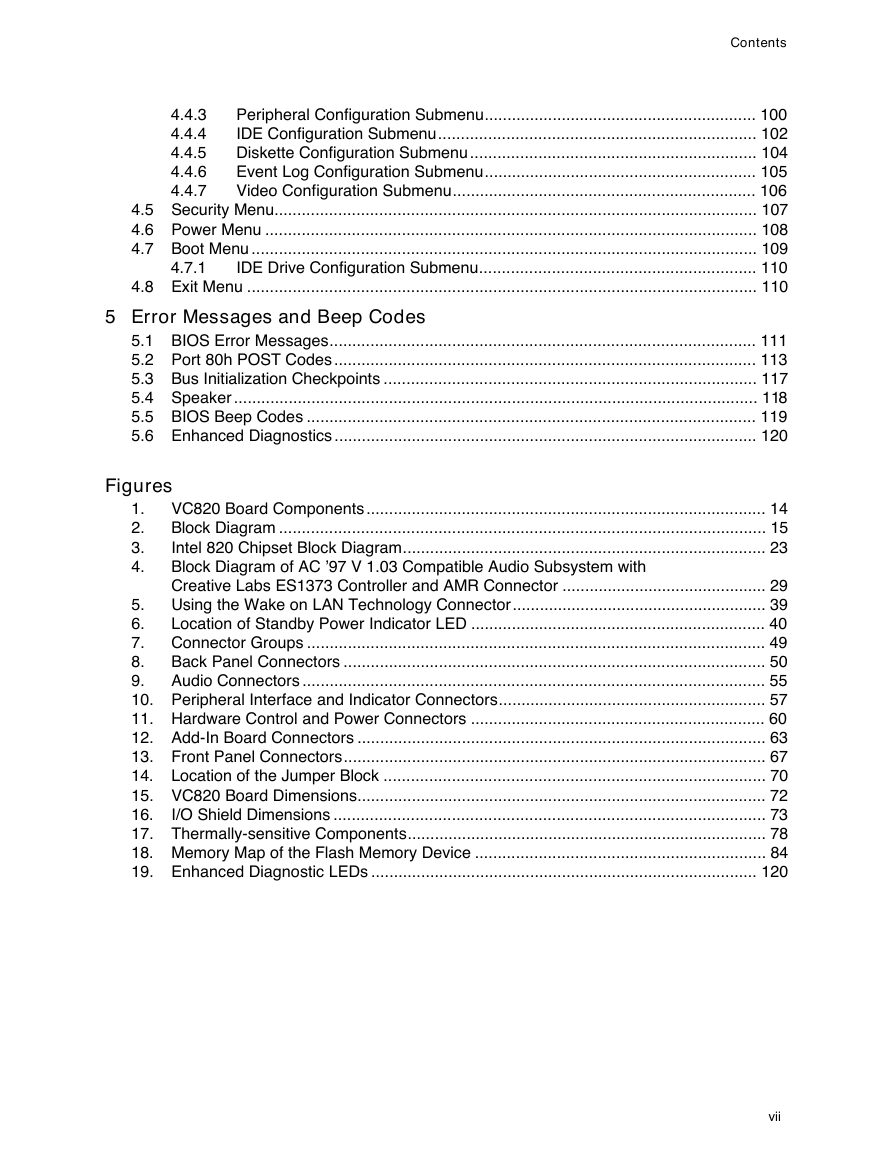
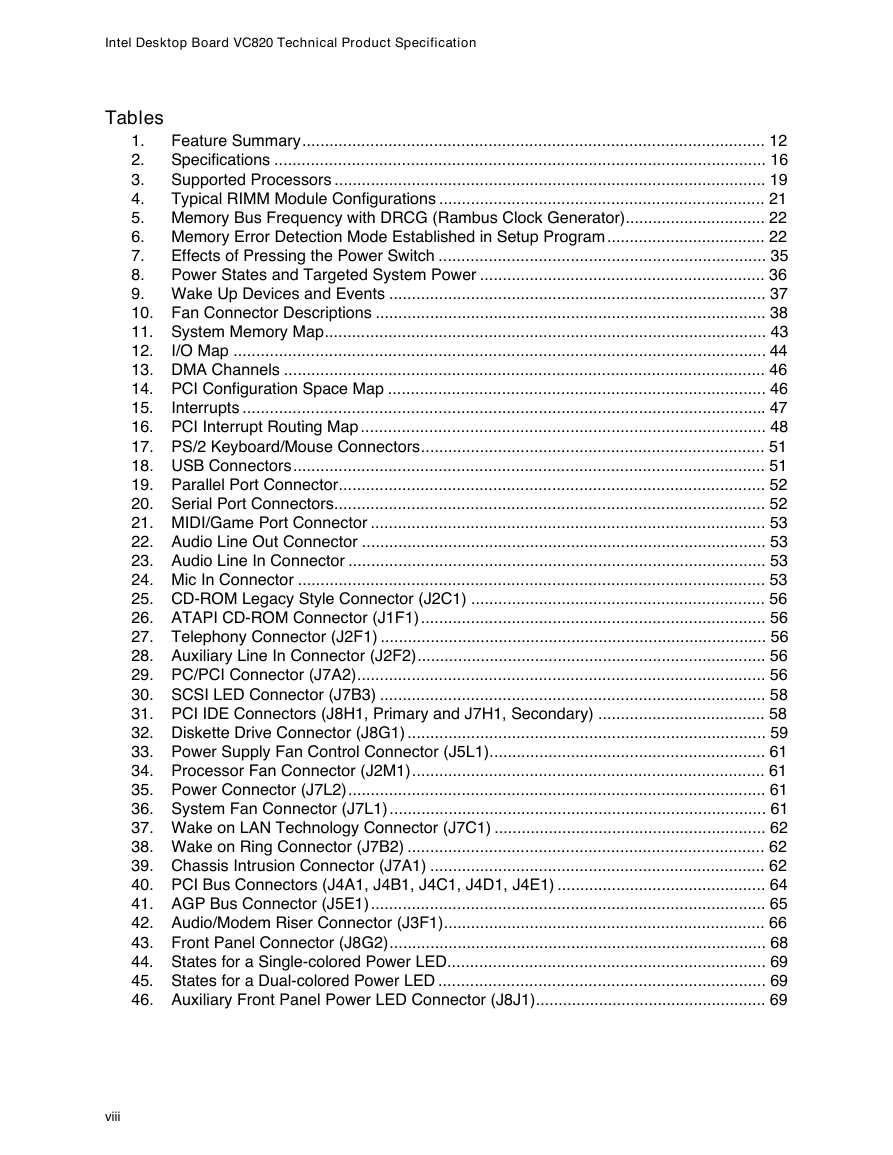








 2023年江西萍乡中考道德与法治真题及答案.doc
2023年江西萍乡中考道德与法治真题及答案.doc 2012年重庆南川中考生物真题及答案.doc
2012年重庆南川中考生物真题及答案.doc 2013年江西师范大学地理学综合及文艺理论基础考研真题.doc
2013年江西师范大学地理学综合及文艺理论基础考研真题.doc 2020年四川甘孜小升初语文真题及答案I卷.doc
2020年四川甘孜小升初语文真题及答案I卷.doc 2020年注册岩土工程师专业基础考试真题及答案.doc
2020年注册岩土工程师专业基础考试真题及答案.doc 2023-2024学年福建省厦门市九年级上学期数学月考试题及答案.doc
2023-2024学年福建省厦门市九年级上学期数学月考试题及答案.doc 2021-2022学年辽宁省沈阳市大东区九年级上学期语文期末试题及答案.doc
2021-2022学年辽宁省沈阳市大东区九年级上学期语文期末试题及答案.doc 2022-2023学年北京东城区初三第一学期物理期末试卷及答案.doc
2022-2023学年北京东城区初三第一学期物理期末试卷及答案.doc 2018上半年江西教师资格初中地理学科知识与教学能力真题及答案.doc
2018上半年江西教师资格初中地理学科知识与教学能力真题及答案.doc 2012年河北国家公务员申论考试真题及答案-省级.doc
2012年河北国家公务员申论考试真题及答案-省级.doc 2020-2021学年江苏省扬州市江都区邵樊片九年级上学期数学第一次质量检测试题及答案.doc
2020-2021学年江苏省扬州市江都区邵樊片九年级上学期数学第一次质量检测试题及答案.doc 2022下半年黑龙江教师资格证中学综合素质真题及答案.doc
2022下半年黑龙江教师资格证中学综合素质真题及答案.doc